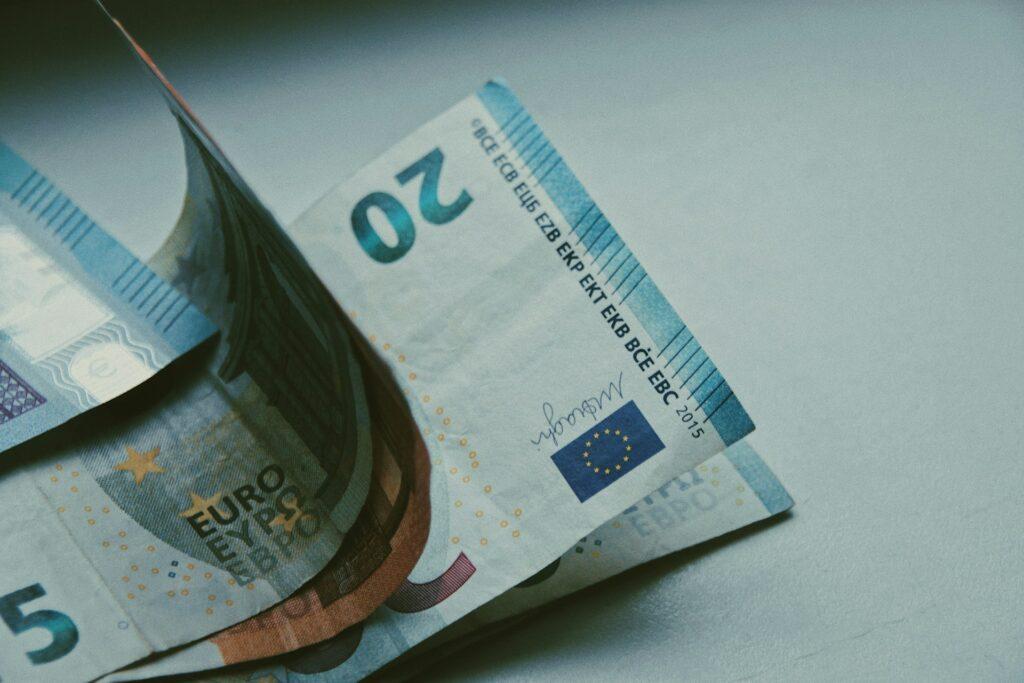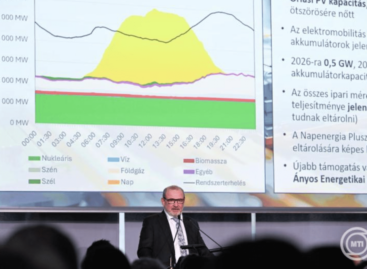In the euro zone, inflation accelerated to 2.9 percent in December
Annual inflation in the euro zone accelerated to 2.9 percent in December from 2.4 percent in November, which was the lowest since June 2021, the EU’s statistical office, Eurostat, announced on Friday as preliminary data.

According to expert expectations, inflation was higher at 3 percent for December. In December, consumer prices increased by 0.2 percent compared to November, when they decreased by 0.6 percent.
In an annual comparison, energy prices fell the most in December, by 6.7 percent after the 11.5 percent fall in November. The largest price increase was still in the combined range of food, alcoholic beverages and tobacco products, 6.1 percent in December after 6.9 percent in November.
After deducting the price of energy, food and leisure items, the annual price increase (core inflation) decreased to 3.4 percent from 3.6 percent in November instead of the expected 3.5 percent.
The highest annual inflation rates were recorded in Slovakia (6.6 percent), Austria (5.7 percent) and Croatia (5.4 percent). The lowest price increases were in Belgium and Italy, both 0.5 percent, and in Latvia, 0.9 percent.
Eurostat will announce the final inflation figures for December on January 17.
Related news
New EU tariffs could arrive in 2026 – this is how they could transform the market
🎧 Hallgasd a cikket: Lejátszás Szünet Folytatás Leállítás Nyelv: Auto…
Read more >Related news
Lidl guarantees fairer prices for cocoa farmers
🎧 Hallgasd a cikket: Lejátszás Szünet Folytatás Leállítás Nyelv: Auto…
Read more >40 secure jobs, sustainable solutions – new BURGER KING® in Csepel
🎧 Hallgasd a cikket: Lejátszás Szünet Folytatás Leállítás Nyelv: Auto…
Read more >







